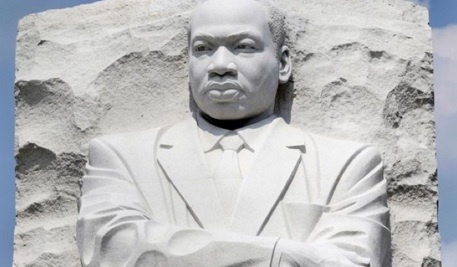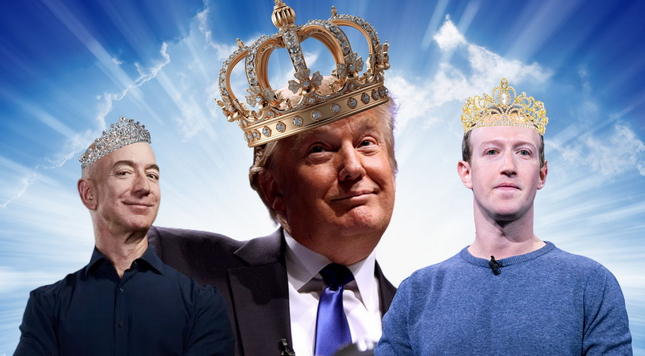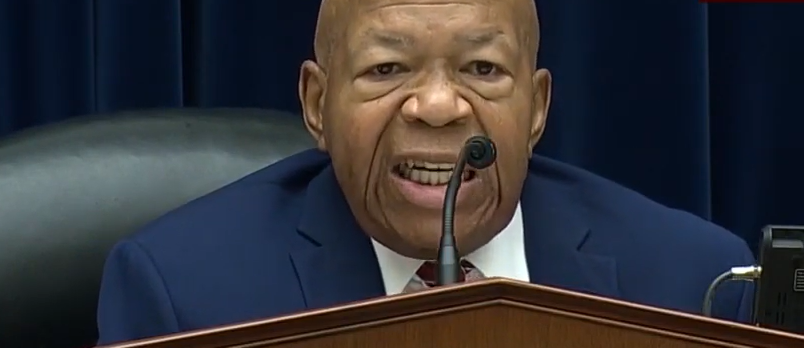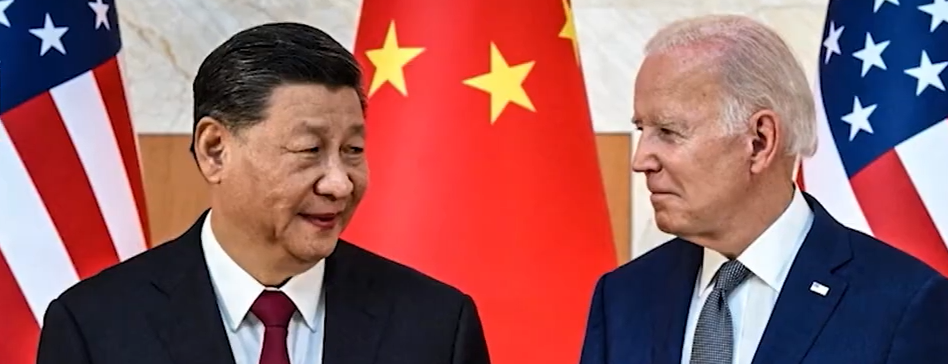Dr. King
[Tribute]
Friends, allow me to take you on a journey back in time. Contemplate these words:
I don’t know what will happen now. We’ve got some difficult days ahead. But it really doesn’t matter with me now, because I’ve been to the mountaintop. And I don’t mind. Like anybody, I would like to live a long life. Longevity has its place. But I’m not concerned about that now. I just want to do God’s will. And He’s allowed me to go up to the mountain. And I’ve looked over. And I’ve seen the Promised Land. I may not get there with you. But I want you to know tonight, that we, as a people, will get to the promised land!
Those words were spoken by the late, great Reverend Dr. Martin Luther King, Jr. Those words were delivered by him on April 3rd, 1968 at the Mason Temple (Church of God in Christ Headquarters) in Memphis, TN. It was to be his final public appearance in life. Hours later, he would be felled by an assassin’s bullet. By morning, Dr. King would be dead.
I’m writing this Op-Ed piece in stream-of-consciousness fashion. It’s the afternoon of Friday, April 4th. Today is the 46th anniversary of MLK’s assassination. An existential question lingers on my mind: just why is it that so many people don’t appreciate something until it’s gone?
Critics of Reverend Dr. King were innumerable during his life. I consider myself something of a scholar as it relates to the topic of Dr. King’s life and civil rights efforts. His enemies were Black, White, both, and neither. His opponents were both progressive and conservative. His detractors were young, old, and in-between. He was called many names – most of which remain as despicable as they are unprintable in any newspaper.
Even his supporters must have wondered at times if Dr. King was too radical, too intelligent, too articulate, too polished, too well-dressed, and too educated to advocate for civil rights on behalf of Black Americans in the 1950s and 1960s. Even his friends must have questioned if Dr. King pushed the envelope too hard. Did they ask him to slow down? Did they ask him to pull back? Did they warn him not to anger White people (the establishment) back then? Absolutely.
Did Dr. King listen? Absolutely not.
Provided I have the money, I can dine in virtually any restaurant; shop in virtually any store, stay in virtually any hotel. These facts are due in great part to the sacrifices of Dr. King – and to the countless Christian soldiers of all backgrounds, all ethnic origins, all socioeconomic subgroups, all systems of faith, all educational levels, and all political affiliations who stood with Dr. King.
Many God-fearing, law-abiding, tax-paying, patriotic Americans paid a heavy price for moving this nation towards equality. Some people were beaten, incarcerated, and killed. Other people were ruined financially, socially, and politically. Some were disappeared – never to be seen or heard from again. I am keenly aware of all these things whenever I dine out and shop and travel.
Change frightens people. President Obama referenced his own political enemies and critics in an address on the Affordable Care Act last week: “A lot of times folks would prefer the devil they know to the devil they don’t.” During the civil rights movement – misguided individuals and groups didn’t use the ballot box to affect change. Some used pipe bombs instead. Some used burning crosses. Some used high-powered rifles.
Even in the midst of death threats by mail, by phone, and in person, Dr. King stated “…as I move to my conclusion, we’ve got to give ourselves to this struggle until the end. Nothing would be more tragic than to stop at this point in Memphis. We’ve got to see it through. And when we have our march, you need to be there. If it means leaving work, if it means leaving school – be there. Be concerned about your brother… either we go up together, or we go down together.”
I’m convinced that Dr. King knew with certainty that he would be killed. And yet, there he was in Memphis – demanding fair wages and benefits for the city’s Sanitation workers: the Black one and the White ones. That is a singular courage which must be honored.
MLK was not a perfect man; but he literally gave his life to make America a more perfect union: Let us rise up tonight with a greater readiness. Let us stand with a greater determination. And let us move on in these powerful days, these days of challenge to make America what it ought to be. We have an opportunity to make America a better nation.
Thank you, Reverend Dr. King. I salute you as the bravest of men. Rest in peace, sir.







